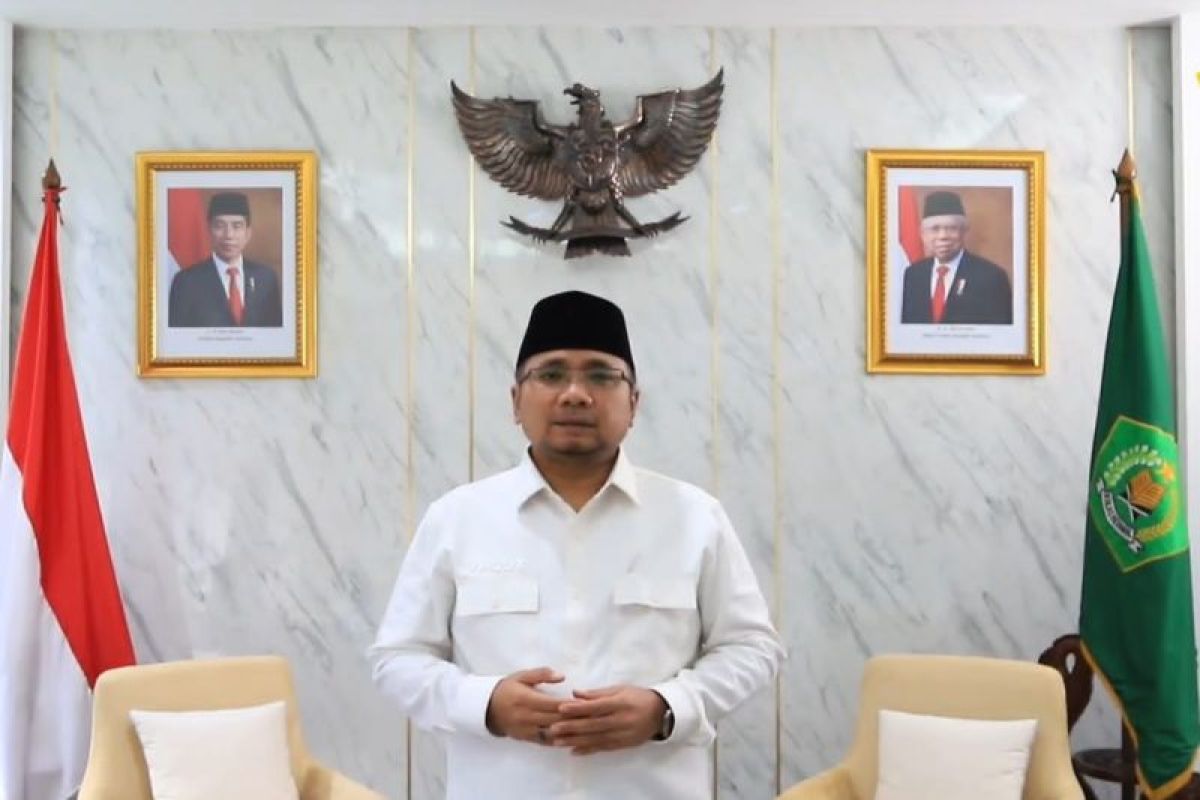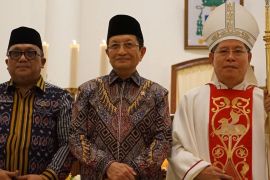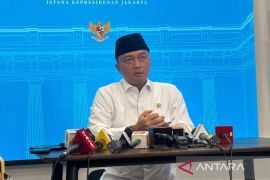The Islamic calendar, also known as the Hijri calendar, was established in 622 CE to commemorate the Hijrah—the migration of Prophet Muhammad and his followers from Mecca to Medina.
"At this valuable moment, let us all strengthen our gratitude to God for his countless blessings. Let the Hijrah inspire us to continuously improve ourselves and contribute meaningfully to our nation and religion," Qoumas said in a statement on Saturday.
Qoumas emphasized that the Hijrah should not be seen merely as a physical move between cities. This pivotal event also embodies the struggles and sacrifices undertaken in pursuit of God's blessings.
He encouraged Muslims to learn from Prophet Muhammad's unwavering patience and sincerity. Despite facing significant challenges and obstacles, the Prophet successfully built a just and prosperous community in Medina.
Qoumas highlighted how Prophet Muhammad's tenacity inspired Indonesian clerics to actively participate in the fight for independence and national progress.
He cited Hasyim Asy'ari and Ahmad Dahlan as examples of ulemas who dedicated their lives to spreading Islamic teachings and advancing the nation.
"Despite facing numerous obstacles, they managed to bring significant changes to Indonesian Muslims and the nation, owing to their formidable determination and zeal," he said.
He expressed hope that the 1446 Islamic New Year will usher in blessings, peace, and joy for all humanity.
"Let us embrace this new year with a renewed spirit, fresh hope, and a strong commitment to becoming better versions of ourselves," he urged.
Related news: Indonesia lauds Saudi Arabia for smooth Hajj implementation
Related news: No adverse effect following loss of country with most Muslims status
Translator: Asep F, Tegar Nurfitra
Editor: Anton Santoso
Copyright © ANTARA 2024












